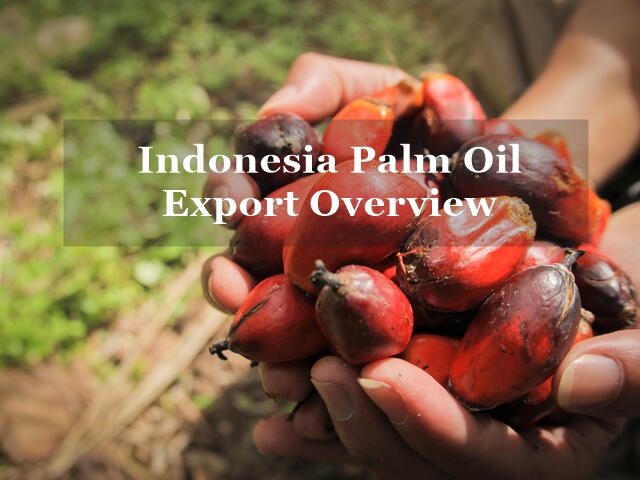Published On : 24-Mar-2022

The nation of Indonesia is an archipelago made up of over 17000 islands in the Indian and Pacific oceans. Its population is one of the most diverse in the world. About 1300 ethnic groups reside in the nation and almost all are indigenous to Indonesia. Over the past 50 years, industrialisation has propelled Indonesia into middle-income status, although there is still a strong dependence on the agricultural sector.
Indonesia has an emerging economic status and is strongly controlled by the government through state-owned enterprises. Domestic prices of goods including basic food grains and utilities are also regulated by the authorities. Palm oil is one such commodity. Its price and export volume is influenced heavily by government policy.
Indonesia is the largest exporter of palm oil, contributing to about half of the total global supply. It is an essential cooking oil used by people in Burundi, China, Malaysia, India, Pakistan and Bangladesh. Through the years, Indonesian palm oil export numbers have fallen consistently due to increased rationing by the government for domestic use and price control. Recently, in the wake of the war in Ukraine, the Indonesian government increased the domestic quota from 20% to 30% for all producers. In 2021, Indonesian palm oil export quantity was 34.23 Million tonnes, down 3% from the previous. That has now been followed by the government increasing the tax levy on palm oil. The recent developments have left exporters and buyers in a fix. While some industry experts believe this is a positive move to stabilise local production and prices, others claim a policy panic might hurt global prices amid low production worries. Vegetable oil supplies have already been hit due to shortages arising from the Russia-Ukraine war.
The Indonesian government has actively been trying to shift production from crude palm oil to refined products including biodiesel. Palm oil is a raw material used in the manufacture of margarine, biodiesel, cosmetics and other processed products. In October last year, President Joko Widodo declared that Indonesia will slowly but surely cut down on crude palm oil exports and begin selling refined products instead. The government has also put a stop to unrefined copper and nickel exports. It is expected that Indonesia will become the 4th largest world economy by 2045.
Palm oil production has led to massive deforestation in Indonesia. To give rise to monoculture palm plantations, much of Indonesia’s forest cover has been lost due to logging and forest fires. In the past decade, the Indonesian government has brought about many reforms and laws that control large scale deforestation. But corruption and a poor implementation record taint the good intentions. The government must focus on sustainable development and ecological preservation to ensure economic progress doesn’t uproot homes and livelihoods. Indonesia’s cities are low-lying and will be affected tremendously by a slight increase in global temperatures. Effective action must be taken protect the nation from climate change, for the economy and the people.
Take your business operations to greater heights with Cybex Exim Solutions' premium growth consultancy services. Contact us now at info@cybex.in or call(+911204517800)or WhatsApp(+9971093718)to get started.